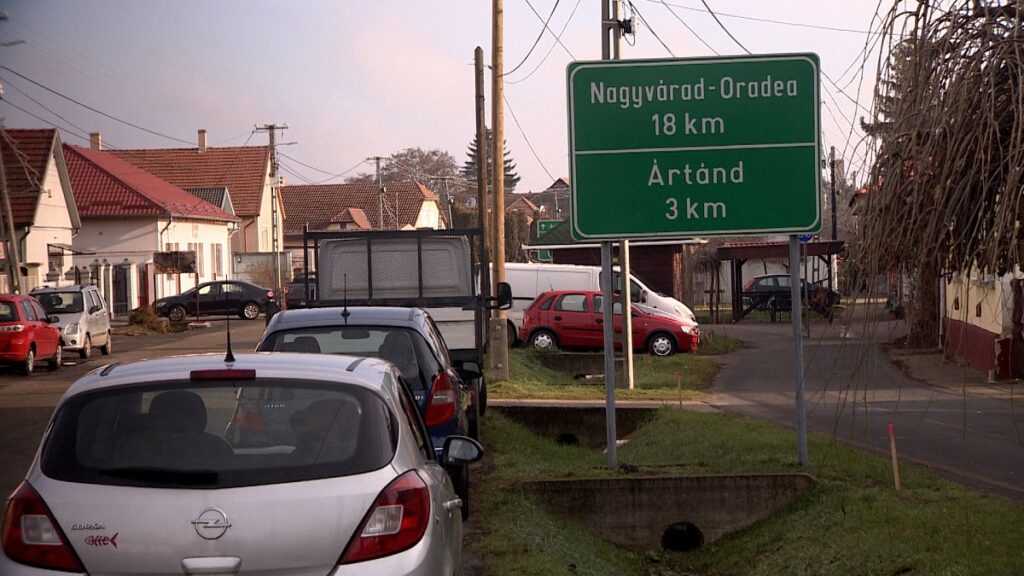The European Commission announced in 2011 that Romania was ready to join the Schengen Area, but was opposed by many countries. Austria, the last to hold out, lifted its veto at a conference in Budapest last month.
Romania’s long-awaited entry into the border-free Schengen area is expected to deepen ties between Romania and Hungary.
While many people already commute between the two countries, the lifting of border controls on January 1 will make travel easier.
Béla Péter Dani, mayor of the Hungarian town of Biha Kresztes, said many Romanian citizens have moved there and stressed the importance of connections between the regional capital and surrounding Hungarian cities.
“They bought a house and decided to settle here. Some come to work, some take their children to nurseries or schools in Oradea, but many live their daily lives here,” Danny added.
Real estate on the Hungarian border is cheaper than in Romania
Many Hungarians view the region bordering Romania as “isolated”, with the nearest major Hungarian city Debrecen an hour away and Budapest nearly three hours’ drive away.
As a result, real estate prices in Hungarian border areas tend to be much lower than in Romania.
A local vendor at the Oradea Christmas market told Euronews that she believed demand for property would increase as travel between the two countries is expected to become easier and faster.
“For 15,000 euros you can buy a half-hectare, 250-square-meter house here (Romania). Of course, it needs renovation. But you can buy it in Hungary for half the price. The difference is that here, the infrastructure It has not yet been developed, whereas on the other side of the border facilities such as sewage and electricity are already in place,” explains Eva Karai.
However, as demand increases, property prices on the Hungarian side of the border are also expected to rise.
Hungarians, on the other hand, generally do not cross the border to purchase real estate. Instead, they travel to Romania to shop or use cheaper gasoline. Romania currently imposes a 9% VAT on food, and gasoline is about HUF 20 cheaper per liter.
Romania’s long-awaited EU accession
The European Commission announced that Romania and Bulgaria are ready to join the Schengen Area in 2011. The last rival, Austria, finally lifted its long-held veto at last month’s conference in Budapest.
Local residents who spoke to Euronews expressed relief and said they had been waiting for the country to join Schengen for a long time.
“This is long overdue; it’s time for us to join the Schengen Area. It brings a lot of opportunities, especially economic opportunities. I’m particularly happy that I don’t have to wait too long at the border,” said Adrian, a Romanian student .


